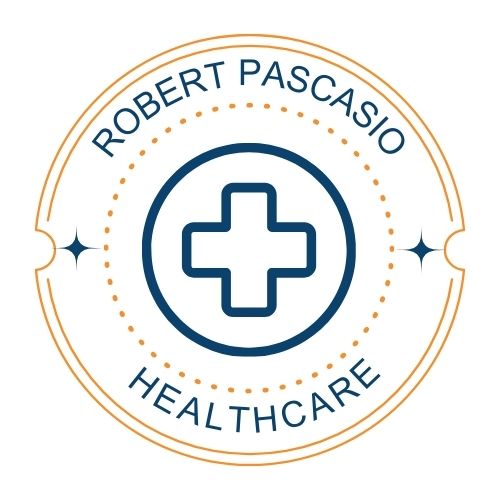Rural healthcare in the United States faces significant challenges, including limited access to medical services, shortages of healthcare professionals, and financial constraints. While these issues are daunting, sustainable solutions can be achieved through enhanced community awareness and engagement. Educating rural populations about healthcare resources, preventive measures, and the importance of community support can create a more robust and sustainable healthcare system in these underserved areas.
Educating the Community
One key element in advancing rural healthcare sustainability is education. Community awareness initiatives can empower residents with knowledge about available healthcare services and resources. Educational campaigns can cover various topics, such as the importance of regular check-ups, vaccinations, and chronic disease management. Rural residents can proactively manage their health and prevent illnesses by understanding how to navigate the healthcare system and take advantage of local resources.
Preventive Health Measures
Preventive health measures are crucial for reducing the burden on rural healthcare systems. Community awareness programs can emphasize the significance of lifestyle changes, such as a balanced diet, regular exercise, and avoiding tobacco and excessive alcohol consumption. Additionally, screening programs for conditions like hypertension, diabetes, and cancer can be promoted to catch potential health issues early. Preventive care not only improves individual health outcomes but also alleviates pressure on healthcare facilities by reducing the incidence of severe health problems that require intensive treatment.
Leveraging Technology
Advancements in technology offer innovative ways to enhance community awareness and healthcare access in rural areas. Telemedicine, for example, allows residents to consult with healthcare professionals remotely, overcoming geographical barriers. Community awareness campaigns can highlight the availability and benefits of telemedicine services, encouraging more people to utilize this convenient and effective healthcare option. Moreover, mobile health applications and online health education platforms can provide valuable information and support to rural residents, further promoting self-care and preventive practices.
Community Involvement and Support
Sustainable rural healthcare solutions also rely on strong community involvement and support. Local organizations, schools, and churches can play a pivotal role in disseminating health information and organizing health-related events. For instance, community health fairs can offer screenings, vaccinations, and educational workshops, bringing healthcare services directly to the residents. Engaging community leaders and influencers in awareness campaigns can enhance their reach and impact, as trusted figures can effectively communicate important health messages.
Policy and Funding
Lastly, sustainable rural healthcare requires supportive policies and adequate funding. Advocacy for increased government funding and investment in rural healthcare infrastructure is essential. Community awareness initiatives can include information on how residents can advocate for better healthcare resources and services. Rural areas can gain a stronger voice in allocating healthcare resources by mobilizing community members to participate in local government meetings and engage with policymakers.

